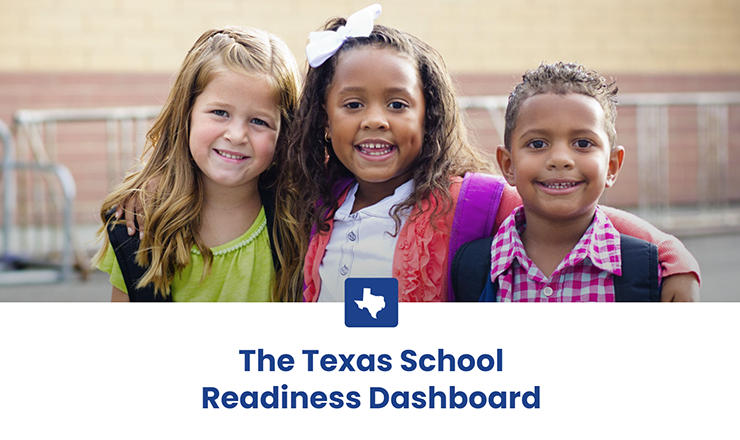Paid family leave has a variety of benefits on its own, but it can also serve as a solution to infant care challenges.
In research brief, Paid Family Leave and Affordable Child Care Are Integral to a Strong Prenatal-to-3 System of Care, we explore how access to paid leave from work – and access to affordable child care – can work in tandem to support children’s development and promote positive family outcomes over the entire early childhood period, from birth through preschool.
Highlights from the brief:
- The research is clear that infants and toddlers need to receive nurturing, responsive care and engage in stimulating interactions to help their brains grow during the foundational prenatal-to-3 period.
- Because of financial need or personal choice, many parents return to work soon after a child’s birth. More than half of mothers return within a year of giving birth, and one in four mothers, primarily those with lower income, return within just two weeks.
- The supply of high-quality child care is limited in many regions of the country, however, and infant care is often scarcer and more expensive than care for older toddlers and children, both for providers and parents.
- Evidence shows that a variety of health and social benefits accrue to families when parents are able to take paid time off from work immediately after the birth or adoption of a child.
- The availability of at least 6 weeks of paid family leave promotes better outcomes for families and can relieve families of the initial burden of finding affordable infant child care slots.
- Paid leave also facilitates greater parental attachment to the labor force in the long term, and therefore, high-quality child care remains a critical need for parents when they return to their jobs.
View and download the full brief: Paid Family Leave and Affordable Child Care Are Integral to a Strong Prenatal-to-3 System of Care



